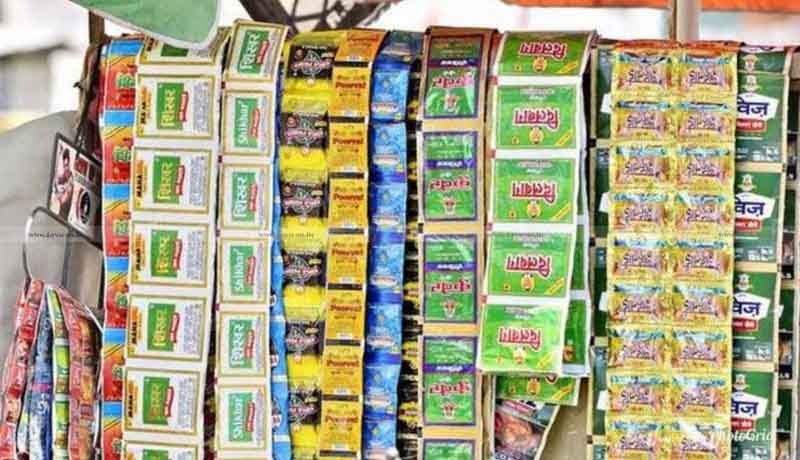NEW DELHI: The Delhi High Court has upheld a ban on the manufacture, storage, and sale of gutka, pan masala, flavoured tobacco, and similar products in the city, citing their direct and harmful impact on public health.
The ban was initially imposed by the food safety commissioner, but was later quashed by the high court in September 2022. The Centre and Delhi governments appealed against the decision and a bench headed by Chief Justice Satish Chandra Sharma has now set aside the earlier decision and upheld the ban.
The court rejected objections raised by entities in the tobacco business against the ban, stating that there was no justification for the quashing of the notifications.
The court has declared that there was no justification for the previous decision to quash the notifications, and has rejected objections from tobacco business entities against the ban that was in place from 2015 until 2021.
“We find ourselves unable to sustain the impugned judgment rendered by the learned Judge. These appeals shall consequently stand allowed. We find no merit in the challenge raised (against the ban). It shall, in consequence, stand dismissed,” said the bench, also comprising Justice Yashwant Varma.
“It becomes necessary to observe that the writ petitioners (manufacturers of tobacco related products, etc) did not dispute that both cigarettes as well as smokeless tobacco have a direct and pernicious impact on public health. Once it was found and conceded that both categories of tobacco constituted substances which had a direct impact on public health, the impugned notifications clearly did not warrant being quashed,” observed the court.
In its 176-page judgment, the court noted that the Supreme Court has already urged governments to ban the manufacture and sale of gutka and pan masala, and the previous single judge’s decision could not have deemed this not applicable in the current case.
Regarding the objection raised by tobacco businesses that the ban was discriminatory because it only applied to smokeless tobacco and not cigarettes, the court rejected this and stated that the ban was implemented because of the “larger number of users of smokeless tobacco” and that food safety authorities were authorised to impose such prohibitions.
The court also mentioned that Article 14 could not be used to argue that since a specific type of tobacco had not been banned, there should be no prohibition on other similarly harmful products. It noted that there were 163.7 million smokeless tobacco users in the country compared to 68.9 million smokers.
The court also mentioned that products such as pan masala, chewing tobacco, and gutka were not exempted from the definition of “food” under Section 3(1)(j) of the FSSA.
The court noted that the petitioners had operated under the mistaken belief that the notifications aimed to ban or prohibit tobacco, when in reality, they sought to prohibit the addition of tobacco or tobacco products to food products.







